We recently connected with Zack Harmon and have shared our conversation below.
Zack, looking forward to hearing all of your stories today. What was it like going from idea to execution? Can you share some of the backstory and some of the major steps or milestones?
My entrepreneurship story began way back over two decades ago when I was just learning to read. Since a young age I grew a passion for the arts. Comic books, movies, video games, and other storytelling media piqued my interest with their vibrant larger-than-life tales. It was my dream to not just be another consumer. I vowed to become an author, an architect, and most importantly a creator who allows others to embrace their imagination. My love of interactive media- the kind that is intentional about involving the viewer strictly for their enjoyment- developed so early that I was hooked. And to be frank it never really slowed down.
Throughout my teenage years I spent most of my free time pursuing knowledge in the many different ways to tell stories. It started with rudimentary drawing and writing that allowed me to build my own worlds for my friends to enjoy. Eventually I picked up basic animation skills using tools like Windows Movie Maker and Microsoft Paint. But I wanted more depth, and especially more user interaction. I wanted to learn how to craft the most detailed experiences that I enjoyed so much as a child. Fast forward a few years later and I had started a journey into programming, music, storyboarding, game design, and more. Growing up in a time where the internet could teach you anything you wanted had enabled me to self learn. While many of my friends were busy with sports I decided to learn it all.
In high school I continued my original passion for art and took a special interest in graphic design. My art teachers at this time were huge supporters of my journey and encouraged me to enter competitions with my work even though our school was just a tiny blip compared to others in the region. During my senior year I decided to put my skillset to the test and build a fully fledged video game that could win awards and potentially boost my career forward tenfold. This included an enormous amount of work creating the design, animations, soundtrack, and piecing it all together with a basic knowledge of game programming. Although taking up so many roles can appear stressful (and it is at times), I knew this was what I enjoyed doing.
As the months went by I gave the project to friends to playtest and receive feedback. I wanted to build a lengthy experience with enough content to last players over an hour. Being a perfectionist at heart, I didn’t want to build just any game. I wanted to build the game that I wanted to play. After a lot of iteration finetuning controls, animating artwork, building bossfights, implementing narrative beats, composing music, and fixing many, many bugs, the game was done. At the end I had come up with the most amazing hook for the game paired with the perfect title. I shared news of the game’s release online and my small community of friends and family were all excited to see what happens next. Within the final months of my senior year I had entered the game into two major competitions: the 2015 Ohio Governor’s Youth Art Exhibition and the 2015 National STEM Video Game Challenge. The game ended up winning both awards at the highest level.
The game I created was recognized at art installations in both Columbus, OH and Pittsburgh, PA. My project had won national recognition for excellence in game design and garnered extremely positive reviews online. I also toured a professional game development studio that played with idea of me coming to work there one day if I finished out a degree. I received dozens of offers from schools that wanted my talent. But at the end of the day none of this really excited me. I was most enthusiastic about how the game was received by average players more than anything. People all around the world were uploading YouTube playthroughs providing their experiences with the video game. They shared their thoughts about what they loved, liked, or even disliked that was vital for me to grow. Overall the game was considered good enough that people started pirating the project even though it was a free download! Everyone close to me seemed to be more excited about how this project would impact my future however I had found the most pleasure in knowing that my creation had become beloved.
The game in question that I had created is called Gongbat. It’s a retro style sidescrolling shooter game where you play as a little pink bat who can change his form with the power of- you guessed it- gongs! It is still available as a free download for Windows and has become my personal dream project that I would love to rebuild one day when the time is right.
Over the next few years I found difficulty specifically in tackling college. I had decided to pursue graphics and major in the arts as it was a bit more exciting to me than software engineering classes. I went to a relatively affordable school nearby and tried joining into some clubs to see how this would all play out. I remember to this day the sheer disappointment I felt walking into the local game development club for the school and showing senior students my game. They were dumbfounded that one person had created such a massive project before they had even made it through their first semester. None of them had ever even touched a game of this scope. It was a clear warning sign that in order to continue the path I wanted, that formal higher education was not necessary in the slightest. It ultimately made me depressed in a sense knowing that the next few years of my life would be a boring slog of learning things that did not make a bit of difference in what I really wanted to do. All of my classes at this time felt like a chore designed to mold me into a worker for somebody else. I dropped out of college the following week.
Moving forward things did not get much better soon. I joined up with the wrong friend groups, worked lousy positions at pharmacies and pizza places, and wasted a lot of time partying as if I had already made it. I tried to work on my own projects on the side but found that I had developed bad habits which kept getting in my way. I could never seem to make real progress anymore. I spent countless hours working on assets for games that I realistically had no way of building by myself. I knew the games I wanted to play were too large for one person to build. I just kept waiting for the day when things would just click on their own. The real journey had not even begun yet.
It took me years to put aside my ego and decide what I really needed to do: I needed to go work for a professional studio that was willing to take the chance on me. Before I was ready to start my own company I needed more real world experience. There was so much more to this industry than just building a successful title. I moved to Las Vegas just four years ago in order to take on my first real job working for a casino game development studio.
The next years were spent growing as a developer learning new techniques and languages. We focused on building casino content that had rapid development cycles and strict project management due to the regulated nature of the casino industry. I began rising in the ranks as my programming skills leveled up. I shifted jobs a few times to make leaps in my earnings and try new things. I was able to move back to Ohio where my family lives and continue working from home. At the end of the day, aside from building Gongbat this was the most beneficial time of my life. I was able to pick up essential management and principle programming skills that would speed up my development process tenfold. Alongside my skillset growing I made so many good connections over the years. This was the essential step that I was missing. I was finally paving my way into entrepreneurship like I had dreamed for.
Just recently during the summer of 2023 I finally felt the confidence to take the leap of faith and start my own company. Once you have made a name for yourself within an organization, or industry for that matter, it can feel extremely risky to take this leap. It feels like you’re about to leave it all behind. There’s an uncertainty around the unknown which may forever keep most from taking this chance. It is absolutely a scary position to be in. You are completely responsible for your own income, and in many cases your family is depending on you to make things work. All things considered, I knew this was my moment. I had put together a game plan and I was ready. Even if I failed I knew this was the choice I needed to make. It felt like now or never.
I said “sayonara” to my current job, built my own studio website, filed for an LLC, and started building my own projects again fulltime. The game development cycle as a solo developer is long and grueling, but the passive payoff is so worthwhile. I decided that in order to make ends meet I would need to take on contract work as needed. Those connections I have made over the past few years have absolutely come in handy as I now handle short term contracts to help other studios in between my own responsibilities.
Currently I’m building my own mobile and desktop experiences under the alias Moonvalk Studios. The best part is that you can expect to find my new mobile games available early next year! Thank you for allowing this time to reflect on my story. It has been a wonderful reminder that my journey has only just started. To anyone looking to follow in my path I have some advice. You should learn by doing. Build up great habits that keep you improving yourself and/or your projects every single day. If you continue to bolster your reputation in an industry you can make gigantic leaps in your career and eventually make a choice to work for yourself. The connections matter a lot more than you might think. And finally remember to not waste your time as we only are given a finite amount of it. You can always start today.
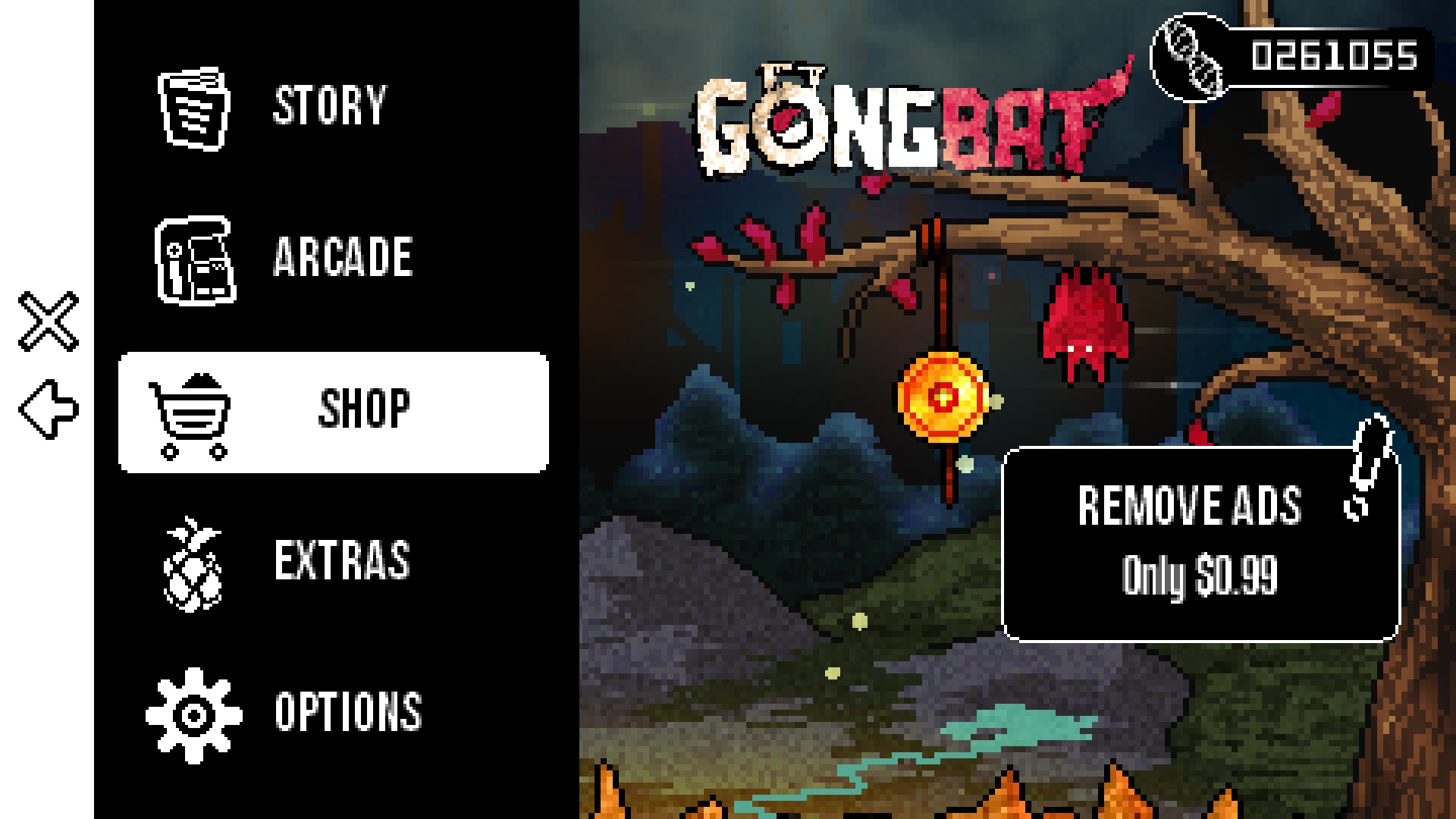
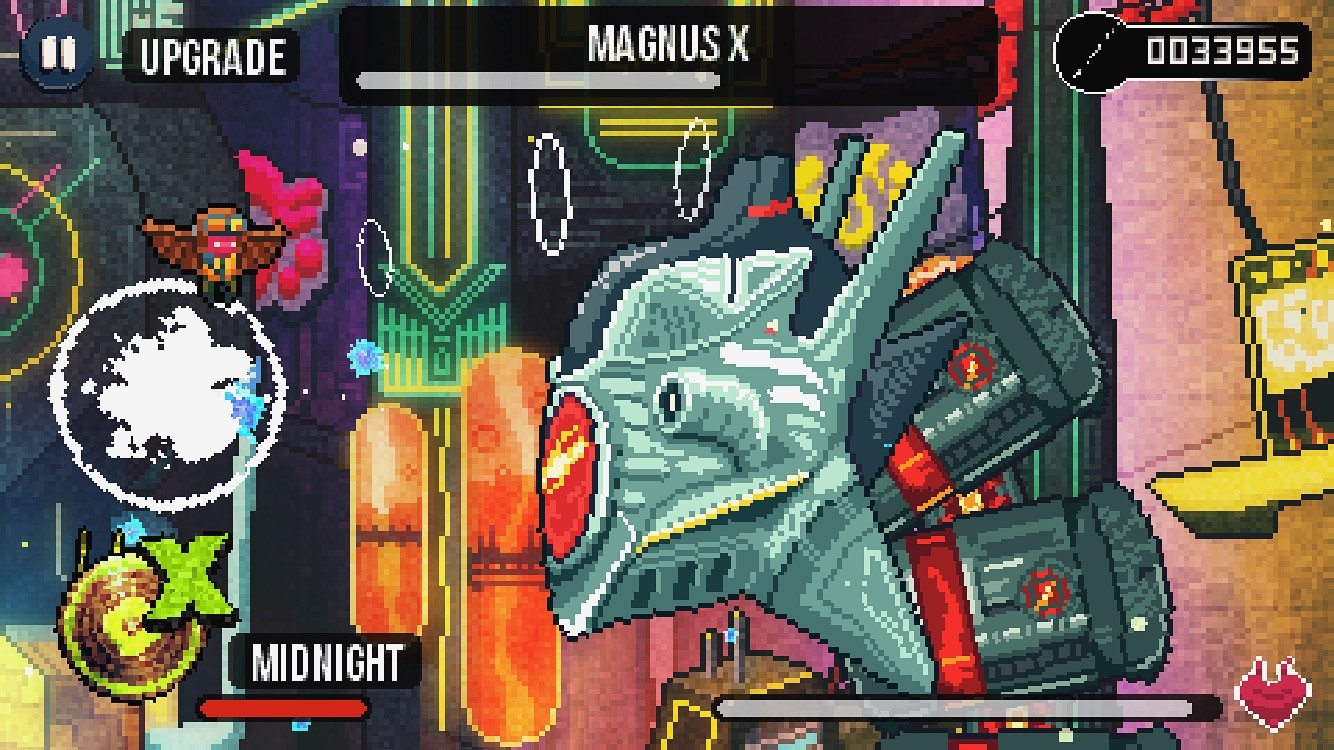
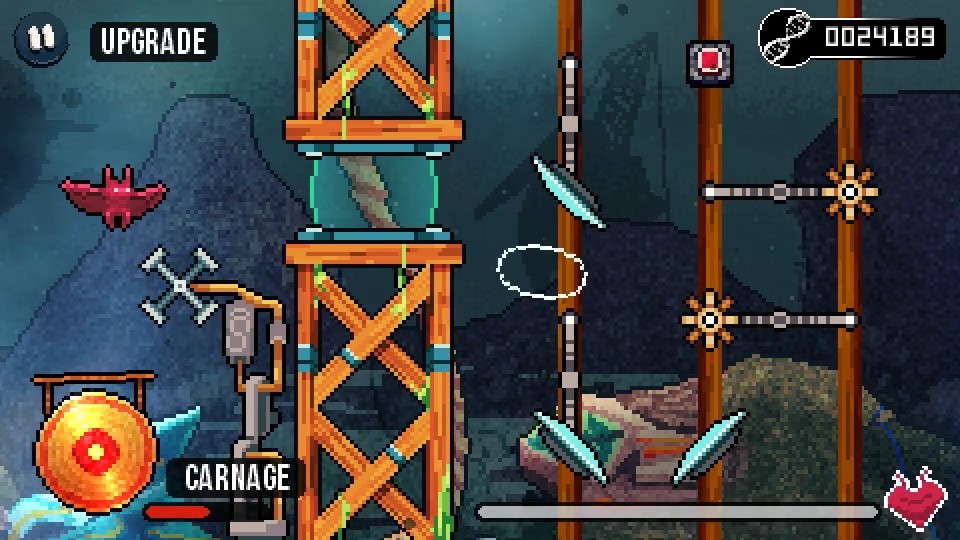
Awesome – so before we get into the rest of our questions, can you briefly introduce yourself to our readers.
I’m a self-taught software engineer and graphic designer who specializes in game development. I have extensive project experience from concept to production to deployment.
I have been developing software professionally in a formal setting for five years and started my game development journey about thirteen years ago when I was in middle school. I have always had a passion for creating art and telling stories. Due to the all encompassing audio/visual nature of video games I have learned to wear a lot of hats. I create my own art, animations, music, sound effects, game designs, websites, marketing, and game code that glues everything together. My expansive job history provides me with a unique angle from all facets of product development. And I love it all.
I just recently this year started my own business, Moonvalk Studios. I offer any of the above services to help other studios building games/software, primarily in the Unity or Godot game engines. I am actively building my own titles on a day-to-day basis. Check out my website for more information at: https://moonvalk.com
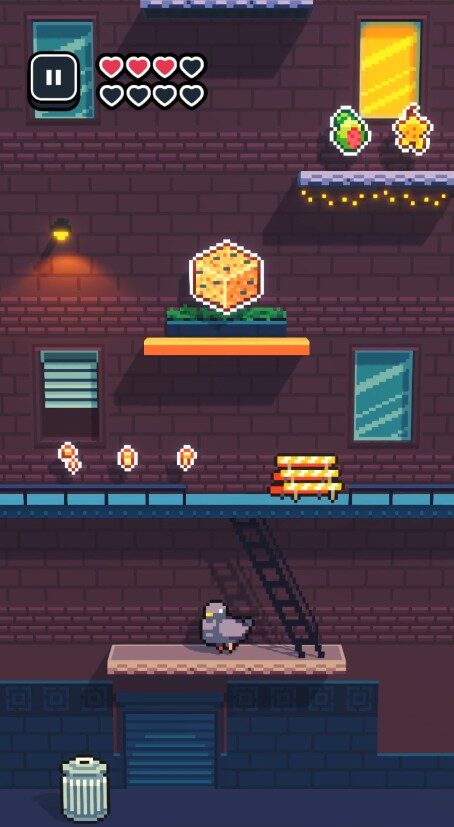
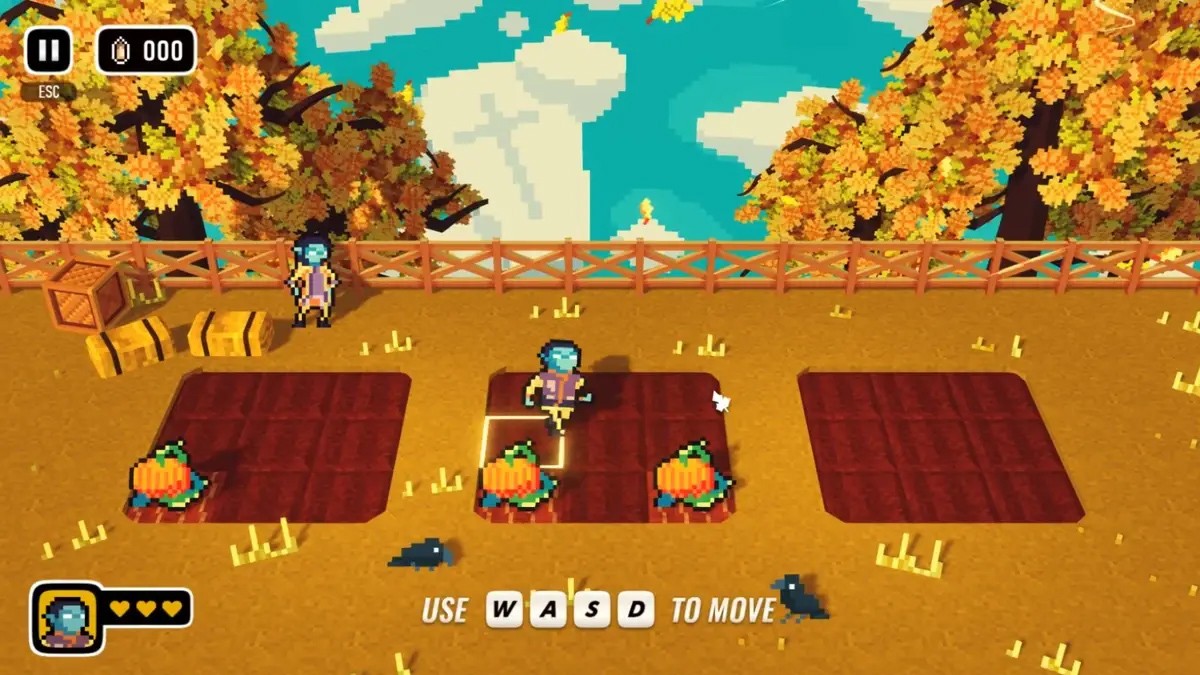
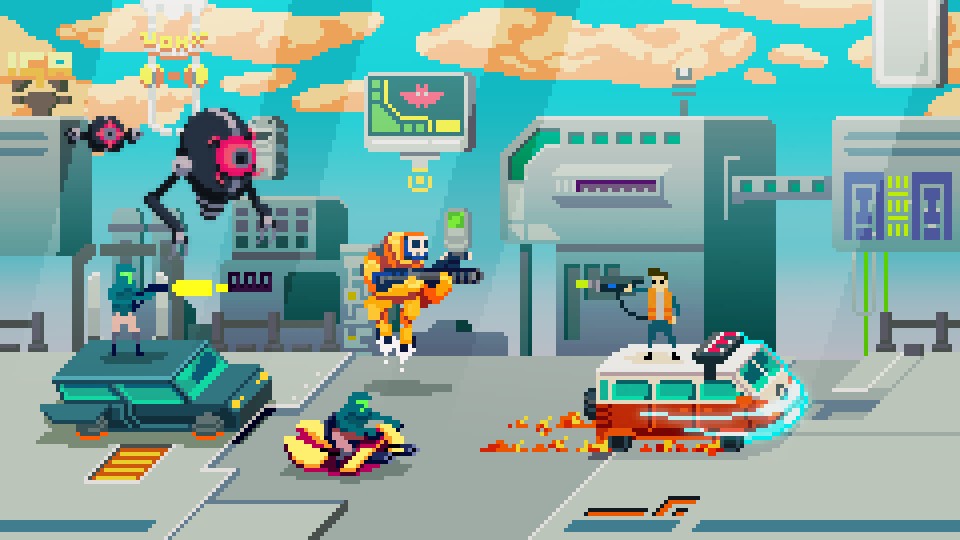
If you have multiple revenue streams in your business, would you mind opening up about what those streams are and how they fit together?
Moonvalk currently operates on funding from completing short term contract work. I help other game development studios by assisting in development on projects or tooling in a variety of different ways. My experience in all facets of development gives me a unique edge that allows me to work quickly and efficiently. This experience also makes me a good candidate for consultation.
My hope for our primary source of income in the future is game sales and in app purchases once I have my own projects released in stores. I am planning on releasing an initial wave of content early next year. I also would love to open a physical location one day that doubles as an arcade / coffee bar.
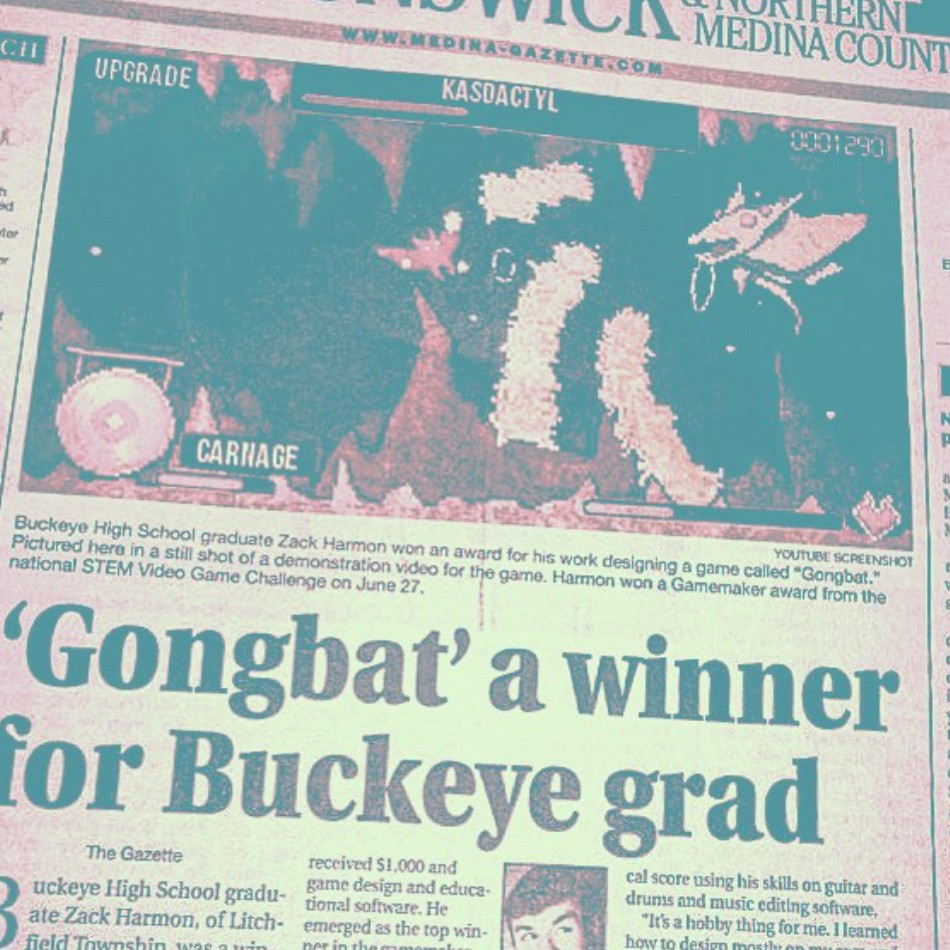
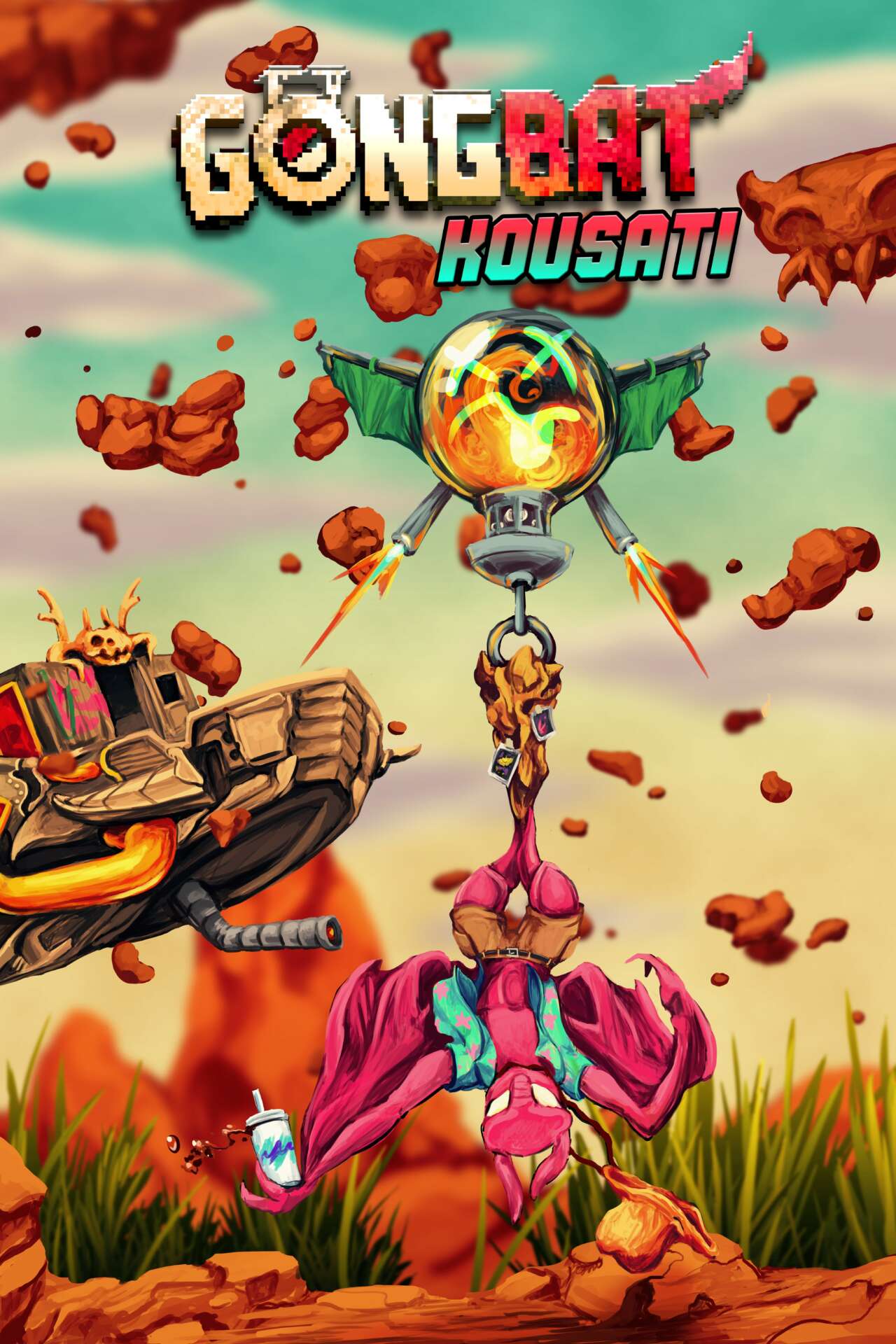
Can you talk to us about how your funded your business?
Moonvalk is a self-funded venture. I spent a few years working as a full time software engineer for other companies in order to save up a personal emergency fund and then on top of that six months of estimated operating costs for the business. Thankfully as an independent digital software provider the operating costs are very low aside from equipment.
I would highly recommend going this route to ensure that you can weather the storm if things don’t go exactly as planned. They often never do!
Contact Info:
- Website: https://moonvalk.com/
- Facebook: https://www.facebook.com/MoonvalkStudios
- Linkedin: https://www.linkedin.com/in/moonvalk/
- Twitter: https://twitter.com/mnvalk
- Youtube: https://www.youtube.com/@moonvalk3082


